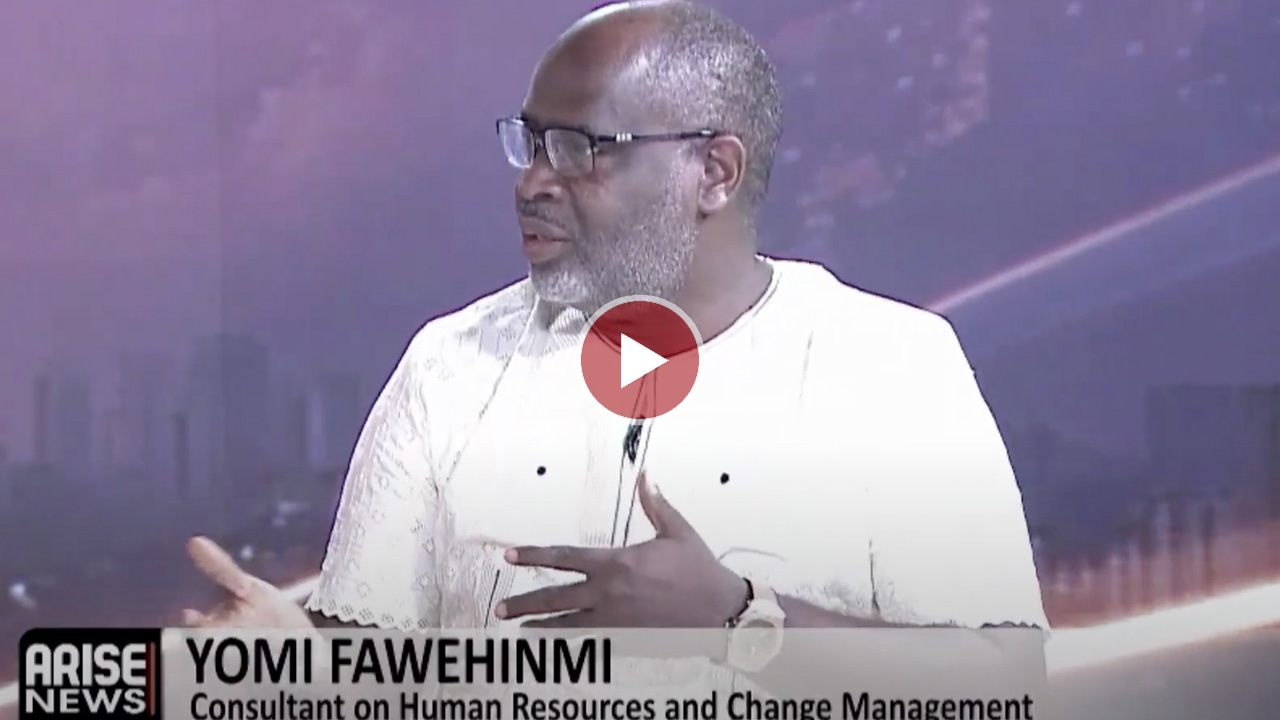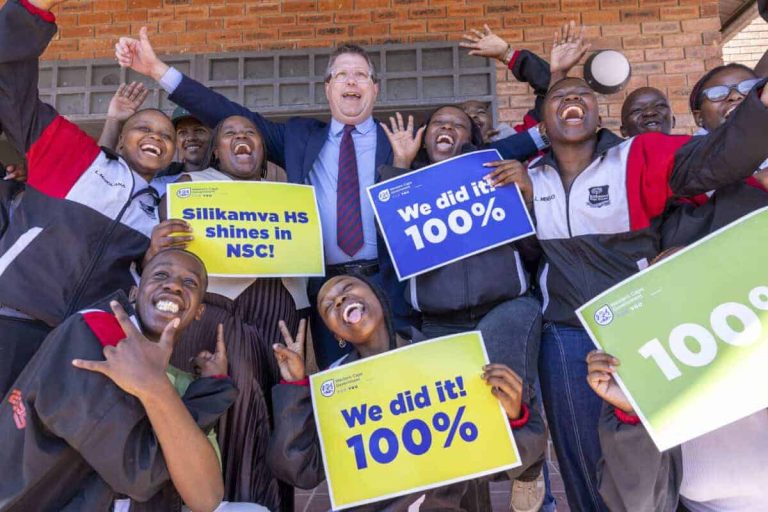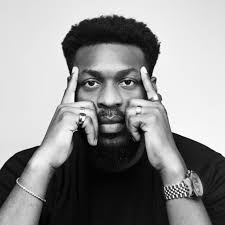

Consultant on Human Resources and Change Management, Yomi Fawehinmi has raised alarm over Nigeria’s declining education standards, warning that the system now rewards mediocrity instead of excellence, saying that the country has built a structure where country has allowed its least qualified students to become teachers, a trend he described as dangerous for the nation’s future.
Speaking In an interview with ARISE NEWS on Saturday, Fawehinmi emphasised that while Nigeria has begun to recognise World Teachers Day, the deeper issues facing teachers and the education sector remain unresolved.
“We went from a country that wasn’t celebrating World Teachers Day to this. Some states have used the opportunity to make a difference. Some give gifts, some give grants, which is good and very helpful.”
“But as a profession all over the world, the teaching profession is one of the things that suffer the most,” Fawehinmi said. “Somebody in education earns about 25% less than his colleagues with the same degree elsewhere, even in America.”
According to him, the poor remuneration of teachers is rooted in global and social biases that undervalue teaching, arguing that a deeper cultural problem exists, where society celebrates every other profession except teaching. “If you ever attended a ceremony in Nigeria, they pray for the child and say this child will become a lawyer or doctor,” he noted. “Nobody says he will become a teacher.”
Fawehinmi added that the crisis in education is not just economic but also gendered, explaining that female-dominated professions are consistently undervalued. “Professions where there are more females tend to be paid less and tend to be overlooked. Compare it anywhere nurses versus doctors, air hostesses versus pilots the gender reflects the pay.”
He said the perception of teaching in Nigeria must change if the country wants to rebuild its education system. “A nation needs to take a decision on what it wants to do about its teachers. In South Korea or Finland, the most brilliant students go into teaching. When you don’t get into the teacher’s college, then you go and become a doctor or lawyer. The most brilliant are teaching their children.”
Fawehinmi contrasted this with Nigeria’s situation, where teaching is often the last resort for struggling students. “We had a minister that took a decision and said the lowest cut-off mark to get admission to Nigerian universities is to become a teacher,” he said. “So, in that class in secondary school, the most brilliant becomes a lawyer or engineer, and the struggling one becomes a teacher. It’s a strange system where the weakest students train your children.”
He argued that the result of this reversal is visible in the poor quality of comprehension among young Nigerians. “Go to social media and read people’s comments,” he said. “You will know that subject they taught us English language we were not well taught. One of the biggest problems we have in Nigeria today is the problem of comprehension.”
Turning to the issue of expensive private schools, Fawehinmi cautioned parents not to equate high tuition fees with better learning outcomes. “If I have ₦15 million and I pay for my child to go to school, and you pay ₦1 million, and somebody pays ₦100,000 when those children interact, do you see ₦15 million interaction from the ₦15 million?” he asked. “You may see it in the diction; you may not see it in the logic or comprehension.”
He described the current system as inefficient and more concerned with appearance than substance. “These schools are just expensive. It’s not an efficient system,” Fawehinmi said. “You’re paying for a school that has a zoo or fishes swimming in it. How does that help education?”
Drawing from personal experience, he highlighted the disconnect between flashy school environments and actual learning. “I’ve been teaching Nigerian verses since 1995,” he said. “So, I go to teach in a school that has a fish pond or aquarium. Somebody needs to teach me to connect that aquarium to integrated science. Else, I would teach integrated science the way I was taught in college.”
Fawehinmi also questioned the value of expensive sports programs in private schools. “Why is it that you have schools where they tell you to pay hundreds of thousands for sports levy, and none of those schools has produced anyone that has represented Nigeria in any major sport in the last 15 years?” he asked.
According to him, the country’s educational efficiency should be measured by learning outcomes, not tuition fees or infrastructure. “The point is for us as parents to understand the choices we are making about schooling for our children and know the implication,” Fawehinmi stated. “There is no school that can do everything because every child has unique talents and needs.”
He advised parents to align their children’s schooling with their individual potential. “If you have a child that you want to become a sports star, target a school that will develop that child,” he said. “If you have a child who will do well in music, find a school that is good in music. No school does everything.”
On the broader issue of reform, Fawehinmi said Nigeria must first redefine what it means by education. “We must redefine that word education, he emphasised. “One of the biggest problems with our commissioners for education and ministers for education is they feel education is schooling. Education happens in school and outside of school.”
He urged policymakers to understand that culture is also part of education. “Our education ministers should stop thinking about schooling as the only vehicle for education,” he said. “In countries like Sweden, the ministry of education is also the ministry of culture because education is how you propagate culture.”
Fawehinmi gave an example of how musicians have contributed to social learning more than formal education. “When I was young, what I heard was ‘we’re laughing’ that’s the language.
“But a musician changed it to ‘we’re laughing.’ That’s education,” he said. “If you say ‘wahala’ today, most Nigerians know the meaning of ‘wahala’ because a musician taught us that.”
He concluded that Nigeria’s hope for true development lies in restoring respect for teachers, attracting the best minds to the classroom, and redefining learning as a lifelong, culture-driven process. “Education is not just about schooling; it’s about the total shaping of human thought and value,” Fawehinmi said.
“Until we treat teachers and education with dignity, Nigeria will continue to produce citizens who can read but cannot reason.”
Erizia Rubyjeana



